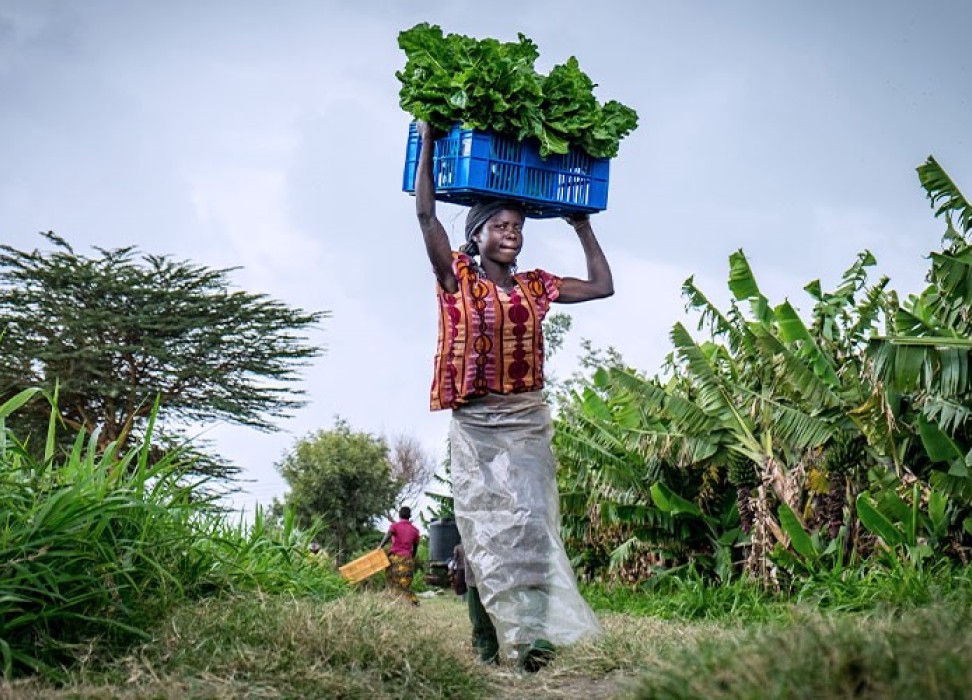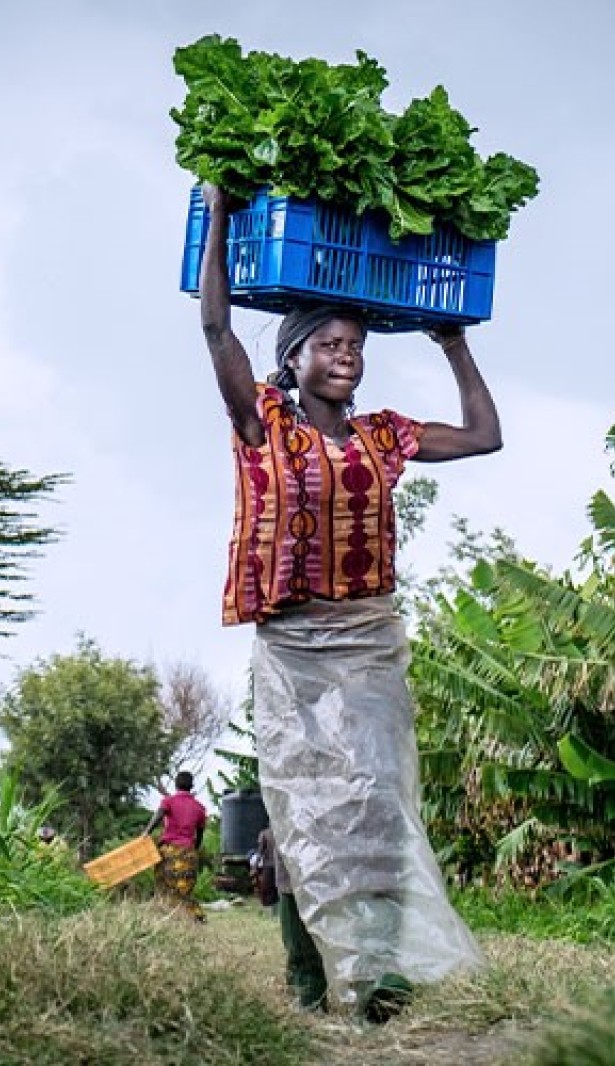New labour Convention to tackle violence against women at work
18 July 2019

Violence against women at work “is a widespread and major impediment to women’s enjoyment of fundamental rights and freedoms,” said UN Human Rights Chief Michelle Bachelet.
She was speaking at the most recent session of the UN Human Rights Council in Geneva, Switzerland where she welcomed the new Convention adopted by the International Labour Organisation in June.
The new Convention will combat violence and harassment in the workplace, and recognises that it ‘can constitute a human rights violation or abuse.’
Such violence encompasses a range of abuses such as bullying, sexual violence and harassment, as well as harassment based on maternity or medical conditions or family responsibilities.
Bachelet said that “behaviours and practices which result in physical, psychological, sexual or economic harm to women and girls damage their health –physical and mental – and harm the likelihood that they will enter into, or remain in, the labour market.”
Many women and girls are therefore “trapped in economic insecurity, unable to generate income or access social protections,” she said.
While violence can affect all workers, women are more exposed to it for a range of factors: unequal social and economic status, power imbalances, and the large number of women in high-risk sectors such as agriculture, manufacturing, hospitality and domestic work.
Domestic workers fighting for rights
Novelita Palisoc, a domestic worker from the Philippines, delivered her testimony to the Council. Palisoc has been a domestic worker for the past 19 years, both in the Philippines and abroad.
“I earned so little, had no social benefits, experienced violence and even sexual harassment. I did not say anything before because I thought I owed everything to my employers and had no right to demand for my rights or to express my grievances. Instead, I kept silent.”
In 2014, Palisoc joined a union. She undertook trainings and attended seminars, and learned about her employers’ responsibilities, and her rights.
Now an executive committee member of the International Domestic Workers Federation, she is able to teach others their rights and how to defend them. She is helping them negotiate for social benefits, combat illegal recruitment, and supporting them to speak up against violence and harassment in the workplace.
“We all deserve safe and fair working conditions. We all deserve to be free from shame, from abuse, from silence. And we all deserve justice, dignity and respect,” she told the Council.
States have ‘primary obligation,’ but employers also have responsibilities
Bachelet said that while States have the primary obligation to protect people from abuses, it is also the duty of public and private employers to protect their workers.
Through labour protection, occupational health and safety policies and complaint mechanisms, she said it was “essential that companies, social partners and trade unions undertake measures to prevent violence against women in the workplace.”
Iceland is a key example where the State has taken concrete steps to ensure employers move in this direction.
Iceland: reducing gender inequality, reducing harassment
Closing the gap between genders – thus changing society’s embedded structures - has the flow-on effect of reducing the threat or risk of violence and harassment in the workplace.
Iceland has been voted the best place to be a woman by the World Economic Forum Global Gender Gap Index for ten years in a row. In 2018, it passed a ground-breaking law and became the first country in the world to legally enforce equal pay.
The law means that companies with over 25 people will have to pay daily fines if they cannot prove they are equally paying men and women.
For Icelandic Prime Minister Katrín Jakobsdóttir, present at the Council, the fact that 80% of Icelandic women are active in the workforce has very much contributed to strong economic and societal outcomes.
“It has also proven that women can participate in the labour market and still be mothers,” she said.
In an interview with Jakobsdóttir following her address to the Council, she said “It is important to remember that gender equality is not an individual’s problem. It’s not the problem of individual women. It is a structural problem and it demands structural solutions.”
She also believes that the challenges of the gender pay gap cannot be solved by legislation only. “It is a wider ranging problem. If we don’t have a good parental leave system, universal public child care that everyone can access, it is very difficult to talk about gender equality in the labour market.”
Keeping up the fight
While the reduction of violence and harassment against women is at the top of Jakobsdóttir’s agenda, she recognises that there is not one single solution, and that globally, there is still a long way ahead. “When we look at the history of feminism and gender equality, we see the fact that it is not a linear process. There have always been backlashes. We see backlashes right now, and that is why it is important to remember to keep on fighting,” she concluded.
18 July 2019
